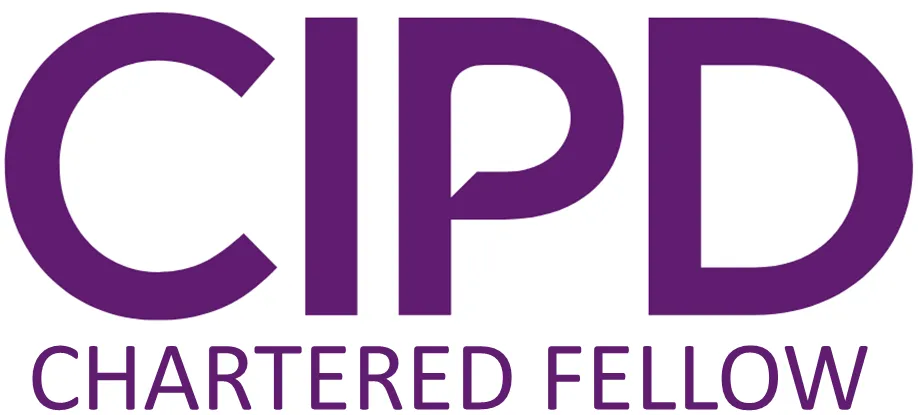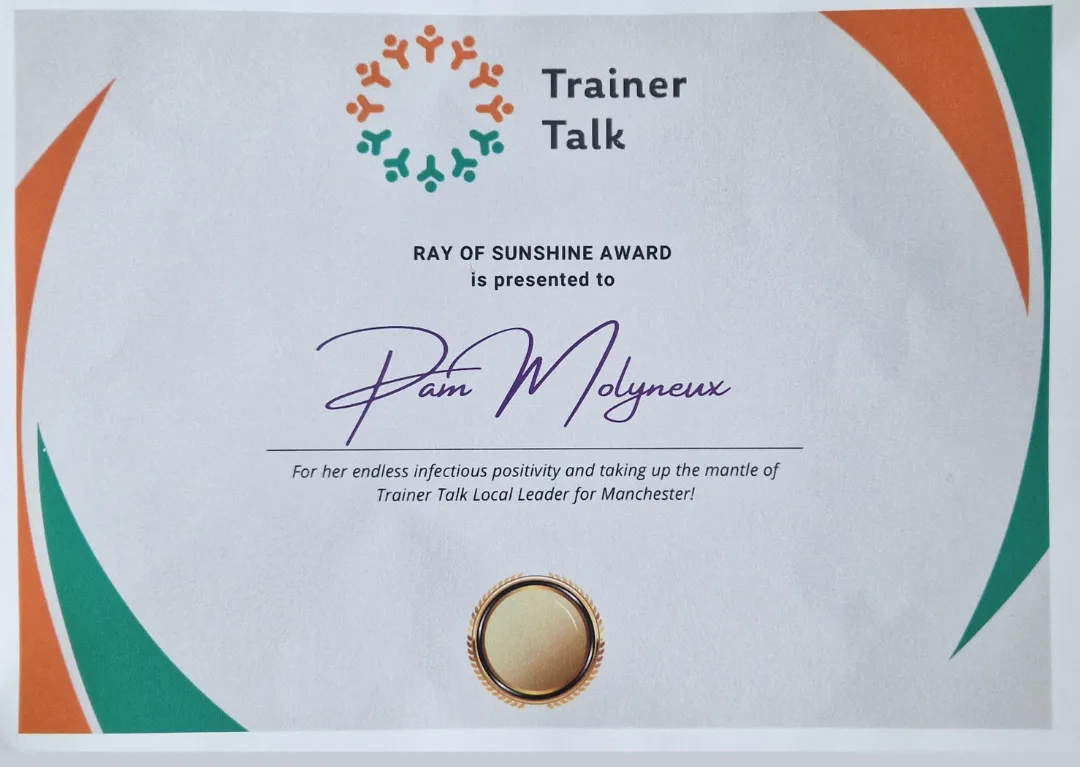Read Our Latest Blogs

Solve and Thrive Podcast
In my HR capacity, I want to support you as a manager to be able to deal with those difficult situations. You can have the basic training in performance reviews, investigations, return to work interviews, but the biggest thing I hear from managers is that every situation is different & therefore needs a different approach. That is of course correct, every situation is different & therefore does need an approach that is suitable but there will always be a basic starting point, some basic principles you can apply.
These are some of the basic principles that I adopt & learnt along the way & have been really helpful. You might be doing all of those, some of these, you might be doing more. Fantastic. Take from these what works for you. And if there is nothing new, amazing, use this as reassurance that great minds think alike.
First of all, what is the policy & procedure for your organisation around the situation you are facing. If you have a HR function, they will of course be able to help with this. If you don’t then maybe other managers can help. It is always worth exploring what the actual reality is around the situation, just because its written in a policy & procedure, doesn’t always mean it is actually happening. Obvious I am sure, but just to be clear, we do this as we want to do the right thing – legally & aligned to the organisation practice. Now sometimes this can unearth that there isn’t actually a practice in place & you are now defining that. Other times this can unearth that there is a practice in place & its out of date legally &/or not in line with how the business now operates. So both of those are good. Why? Because you can do something about it. You might of course check this out & it all be in order & you have a lovely shiny policy & procedure & HR support to proceed which is fantastic, & in some instances you are sorting this out as a you go along. So the first principle, what is the policy & procedure.
The second principle, is around the who, what, when, why, where, & how approach – in some situations this might be a light touch, but in more complex situations this can help to build up a really good picture of what is happening. In those complex situations, the 5 why’s is helpful, which is derived from root cause analysis, just keep asking why until there are no more why’s to ask. If you don’t, it will only come at a later point, so why not do it now & get the full picture.
The third principle, communication. communication, communication. Treat people how you want to be treated & think about when something has gone astray & there has been a missing link for you. A missing parcel, a crossed wire on when a meeting was happening, being totally excluded from the party – I am sure all of these, & possibly more have happened to you, how did that feel? Just spend a moment in that moment. What’s the saying, walking a mile in someone else’s shoes – look at how they feel, look at how they think – & you will be demonstrating great empathy. On the specific communication piece, a project management technique can be useful – the RACI approach.
The R is about who is responsible for doing the task – a good one when you are looking to upskill your team through the art of delegation – & also make sure that you are not the only person in the R section. Of course there will be things you are responsible for.
The A is about who is accountable for owning the task. So who ultimately makes sure that things are done on time, within budget, done in the right way.
The C is about who needs to be consulted with, so possibly a subject matter expert along the way – you might put HR in this category, or the health & safety team
The I is about who needs to be informed of how things are progressing, so this might be your manager, your MD depending on the seriousness & structure of the organisation.
On communication as well, please check in on the method you are using. Please don’t get into email or teams ping pong with team members. I had a call once with a manager & the manager said, Pam I have emailed them 15 times & they are just not getting it. What did Einstein say, the definition of insanity is doing the same thing over & over again & expecting a different result.
The fourth principle, please please please, know the values about your organisation. The way we do things around here. If you have them up on the wall, on a tea coaster, on the mouse mat, amazing, but how are you bringing them to life, how are you leading the way & demonstrating them. Check out how these are weaved into your recruitment decision, how they are embedded into your onboarding process, how team members & you are measured against demonstrating them.
And the fifth principle, look after yourself, check in with you, because if you are not well & not performing to the best of your capability, how can you be expected to be there for everyone else, how can you be the leader that you want to be, because that’s why you are doing the role, right? It is ok to take time, actually it is imperative to take time to reflect, to plan, to take a lunch. Try it! Take some time to think about how you feel. Your wellbeing is imperative – you are well, you can be a great manager & leader
These are not in any particular order & I am sure there will be more but in the interests of not waffling on forever, we will leave it at the magic 5 – you will see 5 is the magic number throughout the Solve & Thrive podcast.
To listen to the episode, head on over to Spotify or you can watch it on Youtube












